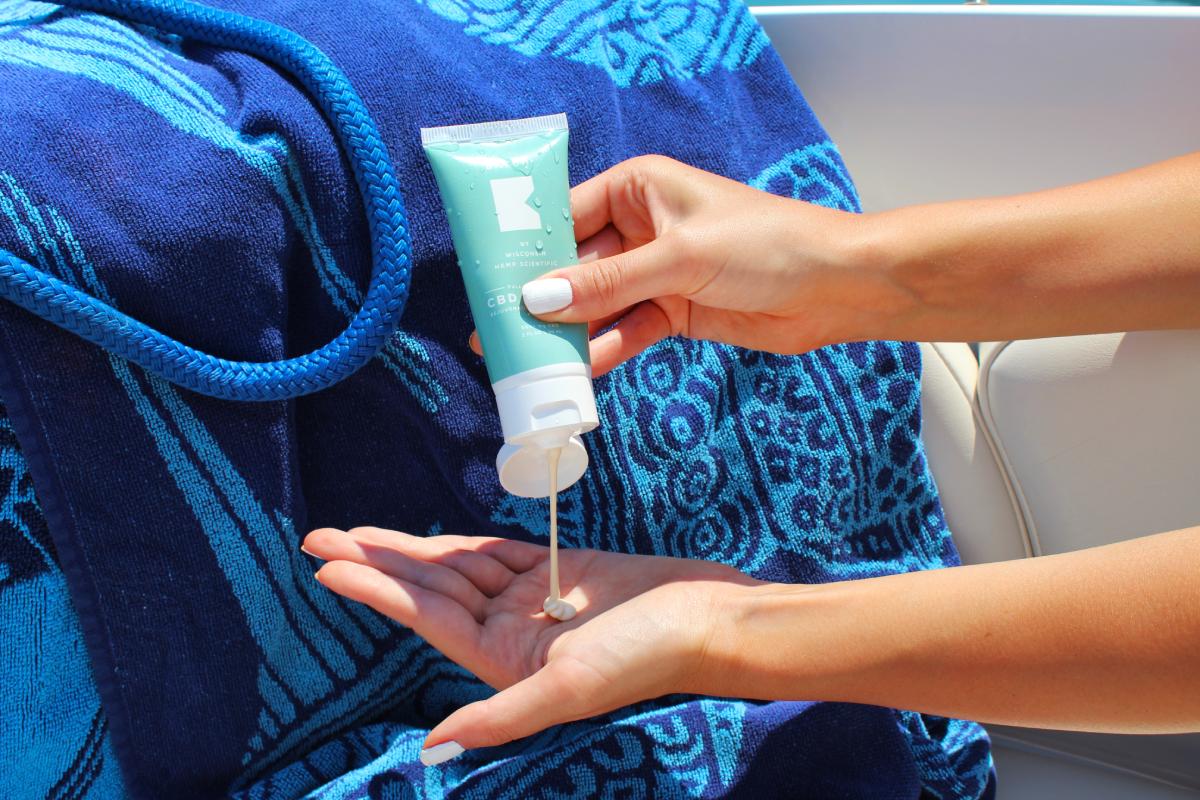In Norway, June and July are often considered the only true summer (Norwegian: sommer) months – at least when it comes to what one usually expects from the summer in terms of temperature and overall nice weather.
As sunny days become more of a norm that exception across the country, conversation among people tends to revolve increasingly around summer-related topics.
Should you wear sunscreen on summer days in Norway? Are you travelling south to enjoy the summer in a warmer, Mediterranean country? When did you get a sunburn?
All these questions – and many more – are part of small talk among both friends and acquaintances in Norway from June to September.
So, if you want to make a good impression and show off your polished Norwegian language skills, this short vocab guide is a great place to start.
Long summer days and rising temperatures
In June and July, you’re likely to get a lot of sunny days (Norwegian: solskinnsdager) throughout Norway. Note that temperatures don’t get too high on average; you can expect them to stay at around 22 C.
If you’re feeling like the heat is getting overwhelming, and you decided to leave your cell phone at home in order to enjoy a nice walk in the park (Norwegian: tur i parken) with a friend, you can always ask them to check the temperature for you.
You can do it like this: Hvor mange grader er det? (English: What’s the temperature?)
On the other hand, if you feel the weather is just right and you’re enjoying a nice summer day, you might want to say something along the lines of:
Sola skinner og det er pent. (English: The sun is shining, and it’s nice).
Været i dag er virkelig fint. (English: The weather today is really lovely).
Sommeren er endelig her! (English: Summer is finally here!)

Staying safe in the sun
While most people in Norway feel the natural urge to head outdoors as soon as the sun (Norwegian: sol) appears, it’s important to stay mindful of the risks associated with staying in the sun for too long – especially if there’s a weather warning (Norwegian: værvarsel) in place.
First of all, though some people may giggle at the idea, it’s important to use sunscreen (Norwegian: solkrem) both in summer and spring months – the UV levels (Norwegian: UV-nivåer) are no joke, and no one enjoys getting a sunburn (Norwegian: solbrenthet).
Furthermore, it’s also smart to have your sunglasses (Norwegian: solbriller) and hat ready to pick up before you walk out so that you don’t decide to leave them at home because you can’t find them while you’re walking out the door.
Summer holidays
The June-August period is usually the peak tourist season domestically, but it’s also the time of year when most Norwegians travel abroad for vacation (Norwegian: ferie).
Some of the most frequent questions you’ll get both privately and at work are likely to be a variation of the following:
Hvor skal du i sommerferien? (English: Where are you going for the summer holidays?)
Noen planer for sommeren? (English: Any plans for the summer?)
Skal du reise til utlandet i sommer? (English: Are you travelling abroad this summer?)
Suppose you just returned from a trip abroad and are meeting up with some friends to tell them all about it. Expect questions about your impressions of the destination, trip highlights, and recommendations.
Så, likte du Spania / Italia / Kroatia? (English: So, did you enjoy Spain / Italy / Croatia?)
Hva likte du best der? (English: What did you enjoy most there?)
Er det noe du ikke likte der? (English: Is there anything you didn’t like there?)
Var det for varmt? (English: Was it too hot?)
Key summer vocab
Været i dag er nydelig! (English: The weather today is beautiful!)
Det er sol ute – vil du gå en tur med meg? (English: It’s sunny outside – do you want to go for a walk?)
Vil du ta en svømmetur i fjorden med meg? (English: Do you want to go for a swim in the fjord with me?)
La oss gå og hente is (English: Let’s go and get ice cream)
Det er en vakker sommerdag. Vil du gå og ta en kopp kaffe sammen? (English: It’s a beautiful summer day. Do you want to go and get a cup of coffee outside with me?)



 Please whitelist us to continue reading.
Please whitelist us to continue reading.
Member comments